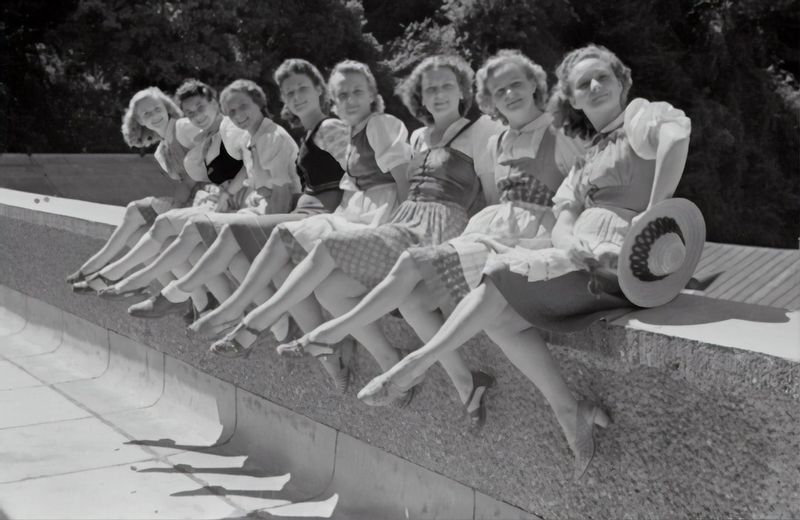Tom Hanks, the world-renowned actor and Academy Award Winner, recently expressed his belief that he could continue appearing on the big screen through artificial intelligence (AI), even after his demise. Hanks mentioned that anyone could recreate themselves at any age through AI and deepfake technology, bringing their performances to life even after they have passed away. He suggested that it might be possible to pitch a series of seven movies that would star him at 32 years old, and that AI or deepfake will enable even more lifelike quality.
The actor went further to explore the legal ramifications of AI, particularly as it relates to the protection of an actor’s intellect as a property. He noted that discussions are ongoing in all of the relevant guilds and agencies to create legal frameworks for actors’ voices and likenesses to remain their intellectual properties.
Hanks has several decades-long experience in the film industry and knows the strides made to create lifelike characters using AI technology. He stated that it wasn’t his first experience with significant data about him being stored in a computer. His likeness and movements were recorded for use in the 2004 movie “The Polar Express,” and it wouldn’t be difficult to create AI replicas of him should the need arise.
The concept of continuing a person’s likeness beyond their lifetime has philosophical and ethical implications. While some may argue that it enables people’s legacies to live on, others may opine that such replicas can never take the place of live performances or interactions. Hanks acknowledged that an AI version of himself would not be able to produce the same performance as he does now and cited the lines that exist between life and death, which could mean AI Hanks only has a degree of likeness to his original self.
Whether people will care if an AI actor stood in for the real thing remains to be seen. While it’s true that AI technology is advancing at breakneck speed, and it becomes almost impossible to distinguish deepfakes, replacing live actors with an AI version raises more questions than answers. There is a unique irreplaceableness that emanates from live performances, which might be lost with just the character’s representation.
In conclusion, while AI opens up new possibilities for the film industry and can create remarkable projects, replacing live actors with AI versions introduces more questions and ethical implications. Beyond intellectual property rights, there should be discussions on what it means to bear an individual’s likeness and how it could impact society’s views of what it means to live and die. As technology advances further, and AI continues to create more realistic representations of people, it’s important to ask whether we’re ready to replace souls with algorithms and create a new reality in which the dead can engage with us like the living.

<< photo by Google DeepMind >>




